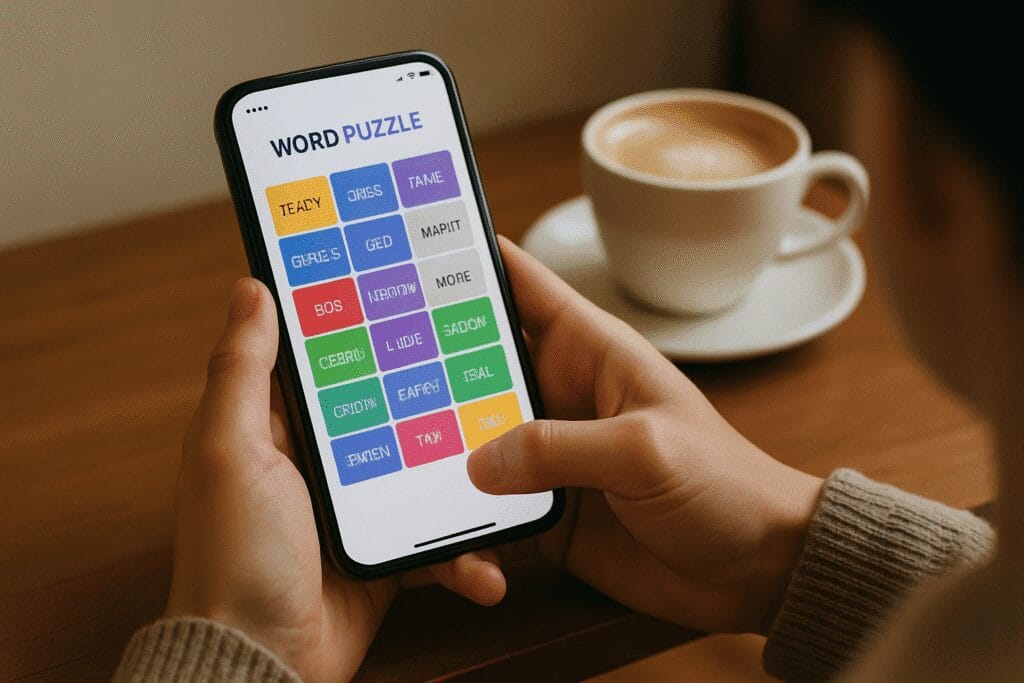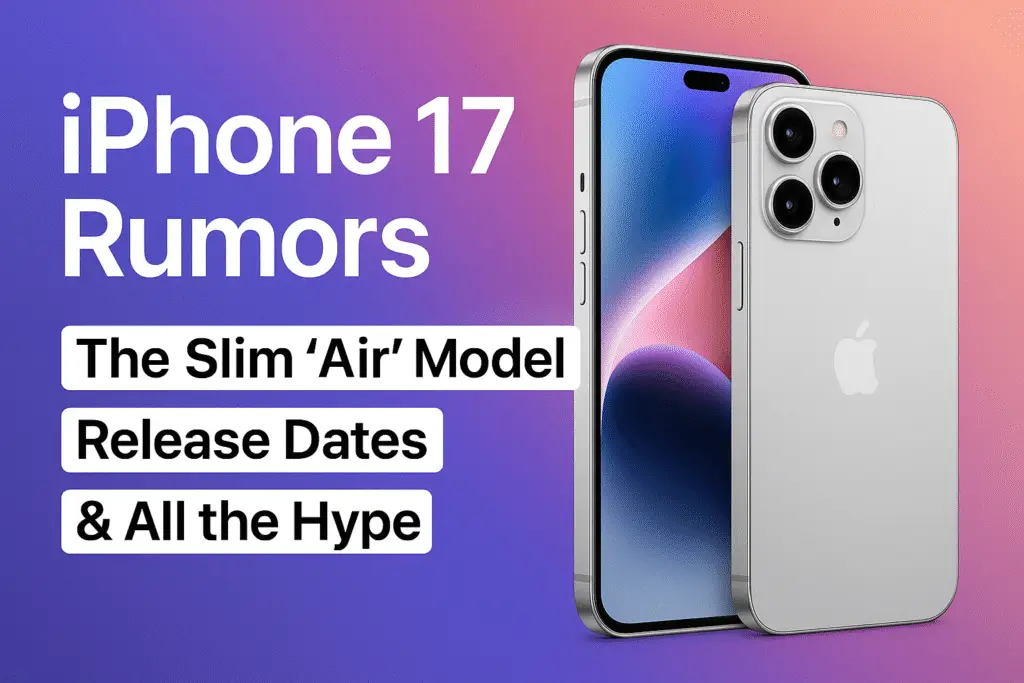Love NYT Connections? 5 Other Puzzle Apps You Need to Download in 2025
Beyond the Grid: The Search for Your Next “Aha!” Moment
There is a singular moment of quiet triumph familiar to every devotee of The New York Times Connections.. You’ve second-guessed everything. You’re sure “bark” goes with “tree,” until it doesn’t. And then—out of nowhere—it lands. The fog clears. Four words suddenly snap into focus, and with them, that weirdly satisfying logic you didn’t even know you were looking for. It’s the purple category, of course. The one they label “tricky” like it’s a fun little joke. And somehow, it actually makes sense now. Annoyingly perfect sense..1 It is a feeling of pure intellectual satisfaction, a small but profound victory of order over chaos.
And then comes the inevitable, slightly hollow follow-up question: “What now?”
In the burgeoning golden age of daily digital puzzles, a renaissance sparked by the global phenomenon of Wordle, that question has never had more exciting answers.3 The daily puzzle has evolved from a simple pastime into a cherished ritual, a shared cultural touchstone in an increasingly fragmented world. For many, it offers a dose of what designers call “meaningful inefficiency”—a structured, low-stakes challenge that engages the mind in playful, creative ways that pure productivity cannot.5 These games are not just a test of what you know, but a workout for how you think, flexing the brain’s muscles for pattern recognition and category sorting.6 The appeal lies in the journey: the struggle, the lateral leaps of logic, and the final, glorious “aha!” moment that transforms a personal achievement into a shareable experience.2
For the Connections player, the search for the next fix is specific. It is a hunt for that same blend of clever design, lateral thinking, and elegant satisfaction. This report serves as a curated guide to that hunt. The five applications that follow are more than just alternatives; they are a “puzzle flight” designed to complement and expand upon the Connections experience.
Your Next Puzzle Fix at a Glance
| App | Core Concept | Best For… | Brain Skill | Price & Platform |
| Wordle | Deduce a 5-letter word in 6 tries using color-coded clues.8 | A pure, logical daily warm-up that resets your brain with clean deduction. | Deductive Logic & Vocabulary | Free; Web, NYT App 8 |
| NYT Strands | A thematic word search where you uncover a hidden theme and a board-spanning “Spangram”.10 | Explorers who love the thrill of discovering the hidden logic of a puzzle as they play. | Thematic Reasoning & Pattern Recognition | Free (with NYT account); Web, NYT App 9 |
| Semantle | Guess a secret word based on its semantic similarity, as calculated by an AI.13 | Language lovers and deep thinkers seeking a truly formidable intellectual challenge. | Abstract Association & Semantic Intuition | Free; Web, iOS, Android 13 |
| Puzzmo | A curated suite of daily puzzles from an award-winning indie game designer.16 | Puzzle gourmands who crave variety, innovative design, and a strong community feel. | Varies (Crosswords, Logic, Strategy) | Freemium (Free tier, Plus subscription ~$40/year); Web, iOS, Android 18 |
| Nodes | A calming visual puzzle where you connect numbered dots to reveal geometric artwork.20 | Wordsmiths in need of a meditative, non-linguistic palate cleanser to relax the mind. | Spatial & Visual Logic | Freemium (Free daily puzzle, Pro subscription); Web, iOS, Android 20 |
Review 1: Wordle: The Elegant Icon of Deductive Purity
The Original Morning Puzzle Hit
At this point, Wordle needs no introduction—but somehow, it still deserves one. It’s the game that quietly took over the internet in early 2022 and somehow hasn’t worn out its welcome.
And yet, it never feels boring.
What makes Wordle special is how much it does with so little. It’s a puzzle, yes, but it’s also a ritual. You can knock it out in two minutes or agonize over it for fifteen. Some days it’s a humble-brag on social media, other days it’s a private grudge match between you and the letter “L.” Either way, it scratches that same mental itch as Connections: it’s about patterns, logic, and second-guessing your gut—without feeling like homework.
It’s also the perfect warm-up. If Connections is your main course, Wordle is the espresso shot beforehand—sharp, satisfying, and just challenging enough to get your brain out of sleep mode.
🧠 Why It Works for Connections Fans:
It’s not just about vocabulary. Like Connections, Wordle rewards deduction, intuition, and a willingness to chase the less-obvious path. Every guess is a little gamble.
📱 Where to Play:
Free on the NYT website or inside the New York Times Games app.
Review 2: NYT Strands: The Adventurous Thematic Word Hunt
Wait, why is this so hard??
Strands is the newer NYT puzzle on the block, and it looks easy—until you actually try it. It’s like a word search, except it’s not. There’s a hidden theme. You don’t know what it is. There’s a “spangram” (a word that touches two opposite sides of the board, for reasons I still don’t fully understand), and half the time you’re staring at the grid thinking: Are these even real words??
But then—just like with Connections—you get one. A word. Then another. Then suddenly the theme makes sense and you feel like a genius who just cracked a secret code.
The design is clean and quiet. No ads, no loud colors, no pressure. Just you, a grid, and your spiraling thoughts.
Why it vibes with Connections people:
You need pattern recognition, patience, and the ability to doubt yourself three times before finally seeing what was in front of you the whole time.
Where to play:
NYT Games site or app. Free if you have an account. No daily streak required—just vibes.
Review 3: Semantle: The Ultimate Test of Semantic Intuition
Oh, you thought Connections messed with your head?
Semantle is a different beast entirely. It’s like… if Wordle took a philosophy class and came back weird.
That’s it. No word length. No letter clues. Just vibes. Literal AI-calculated vibes.
You type in “dog.” The game says, “28% similarity.” So now you’re like, okay, maybe “cat”? “Leash”? “Emotion”? It spirals quickly. One minute you’re thinking about pets, and 40 guesses later you’ve wandered into abstract concepts like “justice” and “movement” and you’re somehow still not even close.
It is brutal. And also kind of brilliant.
The satisfaction when you finally hit the answer? Immense. But make no mistake—this one doesn’t coddle you. There’s no daily leaderboard, no little green boxes. Just a raw numbers game and your own crumbling sense of linguistic intuition.
Why you might like it if you’re into Connections:
Both mess with how you group and relate ideas. But where Connections holds your hand (sort of), Semantle lets you fall face-first into the abyss of your own brain.
Where to play:
semantle.com — free and unforgiving.
Review 4: Puzzmo: The Indie Designer’s Puzzle Playground
It’s not a game. It’s a scene.
Okay so Puzzmo isn’t just one puzzle—it’s a whole collection, kind of like a cooler, indie version of NYT Games. Created by Zach Gage and Orta Therox (two very online puzzle designers), it feels more like a curated puzzle space than just an app. Which sounds pretentious. But weirdly… it works.
There’s Cross|word, which feels familiar at first, until it throws in tricks that make you double-take. There’s Flipart, which is basically Tetris but with art restoration vibes (yeah, I didn’t think I’d love it either—turns out, I do). And a rotating lineup of other games that are sometimes chill, sometimes quietly sadistic.
The whole thing looks and feels premium, but not in a “we’re about to charge you $60” kind of way. More like, “we care about this and made it nice for puzzle people” kind of way. It also tracks stats, has an in-game chat, and even shows what other players are doing in real time. Like a lo-fi puzzle café. But digital.
Why you’ll vibe if you’re into Connections:
It scratches the same brain itch, but with way more variety. Plus, it’s got that low-key flex appeal—if you know, you know.
Where to play:
puzzmo.com — some games are free, full access with a subscription. (Worth it, honestly.)
Review 5: Nodes: The Meditative Visual Palate Cleanser
Crossword puzzles, but like… smoother?
Knotwords is what happens when you take crosswords, remove the clues, and ask, “What if this was actually kind of peaceful?” It’s a logic puzzle disguised as a word game—and once you get the hang of it, it’s weirdly meditative. You’re filling in words, sure, but also solving a puzzle within a puzzle, because each section has its own little rules and everything has to fit just right.
Early puzzles feel breezy, like wordy Sudoku. But then it scales up, and suddenly you’re 20 minutes deep into a “simple” grid, staring at a blank corner like it personally insulted your intelligence.
But the thing is, it never feels punishing. There’s no timer. No streak. No pressure. Just a clean interface, chill music, and that slow-building satisfaction when a whole grid finally locks into place.
Why it hits if you like Connections:
Same vibe: pattern recognition, quiet logic, that “ah-ha” when it finally clicks. But here, you’re building the answers instead of spotting them.
Where to play:
Available on mobile and Steam.




Can I just say what a relief to find someone who actually knows what theyre talking about on the internet. You definitely know how to bring an issue to light and make it important. More people need to read this and understand this side of the story. I cant believe youre not more popular because you definitely have the gift.
Hi there
Check zippytech.io SEO score in under 2 minutes
Submit your request here
https://www.speed-seo.net/check-site-seo-score/
Wait 2 minutes for the report to be generated, then get your SEO vulnerabilities.
Want more info, chat with a SEO expert:
https://www.speed-seo.net/whatsapp-with-us/
Regards
Mike Rocha
Speed SEO
Phone/whatsapp: +1 (833) 454-8622
Along with the whole thing which appears to be building throughout this specific area, many of your points of view are actually somewhat stimulating. However, I am sorry, but I can not subscribe to your whole strategy, all be it exciting none the less. It appears to everybody that your comments are generally not entirely justified and in actuality you are yourself not even fully confident of the point. In any case I did enjoy reading it.
Nice post. I be taught one thing tougher on totally different blogs everyday. It is going to always be stimulating to learn content material from other writers and observe just a little something from their store. I’d prefer to use some with the content on my weblog whether or not you don’t mind. Natually I’ll offer you a hyperlink on your net blog. Thanks for sharing.